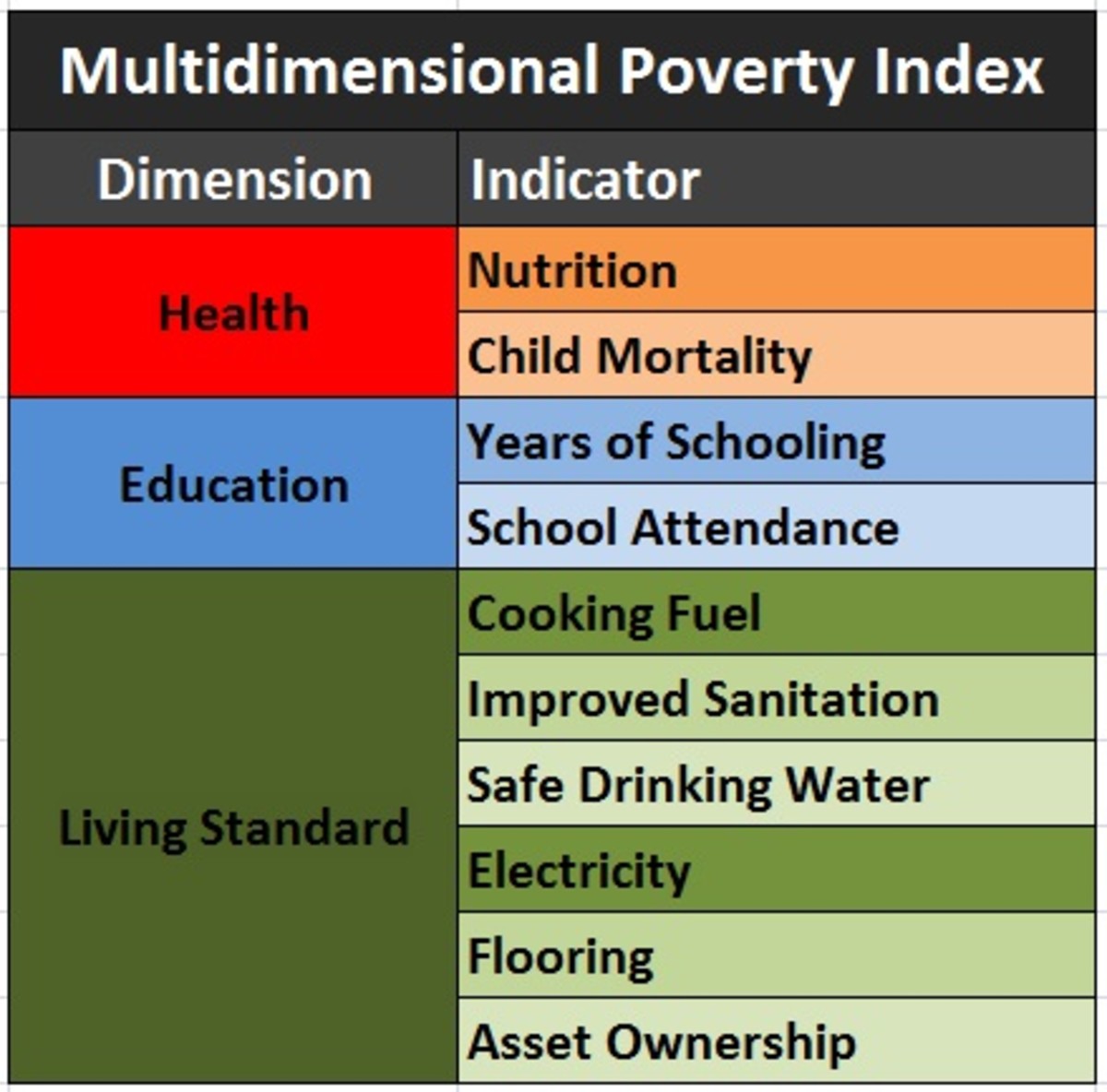Buy American!
America

What Can the Average American Do?
This writing is not intended to stir anger or to point fingers. I don’t buy into the 1% or the 99% mentality. Truth is, we’re all lucky to be alive in today’s America. Never before has a nation and a population been so prosperous that it can have the social programs we do and have all the rights we do. However, it is clear our nation took a hit economically and is struggling to pick itself back up. Most people are looking to experts or politicians to make it right. Few are talking about what the average American can do to improve our economic atmosphere. I have seen them - the Occupy Wall Street movement is one and has made some of others very visible. I am not for or against the Occupy movement and this article is not intended to compete with or support it.
This is not intended to tell people how to run their lives. It is advice and food for thought more than anything, as well as to inform my audience of options. Here are a few things we as a people can do to improve our situation…
The Power of Trade
Buy American-made products! The US has a 50 billion dollar per month trade deficit, give or take. That is almost 600 billion dollars per year that leaves our country. Imagine what kind of stimulus that would be to our economy if we leveled the playing field for just a year, let alone for a decade, or even had a 600 billion dollar per year trade surplus! Trade laws can narrow the gap we have, but our political and ideological atmosphere is to push for free trade. That leaves it up to the consumers, manufacturers, and retailers to address the deficit.
Manufacturers don’t have as much incentive to make products here anymore. Basic economics requires workers to make a product. Even though there are many people unemployed here that would happily work for below-par wages, it is still cheaper to open a new state-of-the-art manufacturing facility in China. Is China’s economy hurting right now? Nope. Tons of jobs are going overseas.
Retailers are putting on the shelves what can be sold, and they’re selling the products that are cheap enough to move vast amounts of inventory. Often times those products are cheaper because they’re made overseas where quality control is not as stressed as it is here and labor is far cheaper than it is here. Go into your local retailer and just start checking the tags for where a product is made. Often times, you will see China on simple products and Asia somewhere for electronics. It’s hard to buy American-made goods because so little of what is sold at our retailers is American-made.
Consumers hold the power. We have the money that is getting spent, if we have money at all. The retailer will put on their shelves what it takes to get us to spend at their location. If we insist on buying American-made goods, and let our retailers know that we are looking for American in particular, they will stock the shelves with American-made goods. Ask them for a list of American goods they sell so that you can pick and choose the items off your shopping list to buy there. Demand for American will rise. American manufacturers will be required to hire more workers to keep up with the demand. Our people will be put back to work. Our economy would take a big step to back on track.
America

The Power of Money
There is only so much money here in America. There are trickle-down effects of spending on American-made goods. If it’s leaving at 600 billion a year, eventually we will run out. If we keep America’s money here, we will always thrive on the amount we have, especially if we can get it to circulate faster. I will address circulation in a minute. Keeping America’s money in America will also support our banks, our manufacturers, and in the end: our people. If we can convince the heads of manufacturing to stay and support local banks, that is money that can be given to the local people in the form of loans for homes or cars or education. If the manufacturer goes overseas that money will get deposited in a foreign bank where it can be leant out to help their people. Buying American goods is very good encouragement to keep America’s money here in America.
There are other factors that play into the value of money, and circulation is one of them. We will thrive as a people if we can continuously increase the rate at which money circulates and increase the value each dollar holds. If a million dollars is hoarded (not circulated), what value does it really have? If it is re-invested (circulated), it can grow at whatever rate the economic environment dictates. The more money is in circulation, the more value each dollar has. This is one of the key factors involved in inflation. There are factors that choke off circulation and therefore decrease the value of our money. Some factors are unavoidable or are too important to neglect. We will always have to pay for food. We will always have to pay for health care. We will always have to pay taxes. We will always have to pay for some form of energy. Many of us will have to pay rent or mortgage. Many of us will have to pay interest on loans. Companies will always want to increase their revenue and often times that is by increasing the price of their goods. I will sum these all together under the name Cost of Living. There are a few extremely self-sufficient souls out there that minimize Cost of Living as much as possible.
We as a people have less power in terms of the circulation of money, but we still have power and lots of it. Let’s use it! Even if it is only a united voice, that is still vast power!
The number one drag on the circulation of money is the cost of energy. Some might say taxes, some food, but I’ll address those in a moment. The price of energy will always go up. The short-term might be an exception, but in the long run the cost of energy will always go up. When you pay for gas at the pump, that money is given to large companies that reinvest little in the local economy. That money is essentially gone. When paying for electricity, that money is more local and invested a little more, but is still a drag on your own pocket book. And so much of our infrastructure is built on fuel that when the cost of fuel goes up, so does the cost of everything else, including food. That is why energy ranks higher than food. Energy dictates so much the value of our money. Investing in energy sources that have a stable and renewable production is the best way to safeguard against rising energy prices, as well as minimizing your own demand for energy. Invest in solar panels or windmills. Invest in a more gas-efficient vehicle. Weatherize your home. Learn better tactics on heating your home at different times of day or resetting the thermostat on your water heater. Invest in more efficient appliances. Investing in alternative energy will force the infrastructure to change away from fossil-fuel based.
Rent and Mortgage is the next area. Often a third of what I get from work goes directly into paying for a place to call home. That is extremely burdensome to personal finances. This is the heaviest burden that is also under the greatest amount of control. If we buy a small home that is well within our means, especially if it is an investment property, we can get out of the burden of a mortgage quicker and then cost of rent and mortgage drops to zero. If we buy an investment property, we may even turn a profit. The cost of rent is still not as burdensome to the overall economy as energy because almost all the profits made off of the renter are reinvested locally. Mortgages paid to credit unions are also reinvested locally. However, market dictates the value of the property and taxes on that property are based on the value of it. If landowners are out to make the greatest profit by increasing the value of their land, one of the side-effects is that taxes will also increase by an equivalent percentage. If everyone sought homes more within their means, the burden of mortgages would decrease and the overall cost of living in the United States would decrease.
Food is another big category. It is not as high on the list for multiple reasons. One is that we have the power to grow much of our own food, if we just take the time and effort to do so. Two is that almost all the money a consumer spends on food is reinvested in America. The FDA and the USDA don’t like imported foods because they don’t have control of how it is grown or processed. Importers are often American-owned or have agreements that allow the FDA and USDA certain controls over quality. In terms of your own pocketbook, shop smart – money spent on junk food is money wasted and increases health costs through side effects.
Interest on loans is the drag on circulation that is the most avoidable. Avoiding debt like the plague is the smartest thing you can do and you can even turn it to your advantage. Did you know you can guarantee a loan? Putting your money in a credit union is the simplest way of reinvesting locally, but you can also guarantee a loan and make a profit off your money. The safest way to do this is to have a bank broker the loan – but the bank will take its cut. Also, did you know you can borrow money from yourself? Many people have no idea that they can take out a loan from their own life insurance account or retirement account! Withdrawing that money early hits it with harsh fees, but you can take out a loan from your retirement without the fees and the interest is paid to yourself by increasing your retirement account! If fewer loans are being taken out from lenders, those lenders will be forced to lower the interest on loans to draw customers. Lower interests on loans benefits the debtors, which the majority of us are in some way or another.
The burden of tax is what most of us are familiar with. A lot of low-income earners get their taxes back in the form of returns and the overall spent in taxes is near zero – for those low-income earners. States with sales tax are exceptions as that tax is unavoidable and not returned. To the entrepreneurs of this country, taxes are a hurdle that is almost impossible to get over. American business taxes are soon to become the highest in the modernized world. How can we expect small businesses to start or thrive when nearly forty percent of their profit gets yanked by Uncle Sam? What we must do is press our representatives in the government to lower the cost to do business, and the clearest way they can is to lower taxes on small businesses. Mom-and-Pop shops will not thrive here with such high costs of real estate, energy, and taxes. You can also shop at smaller establishments to support their business and the local economy. Everyone feels the burden of taxes immediately, yet the benefits often take months or years to realize. Ideally all of taxes are reinvested in America in the form of building project, stimulus packages, loan guarantees, public services, and social programs to name a few. The greatest waste in the government is overpaying for services and products, redundancies within the government, and the Department of Defense. The government has been increasing spending at an alarming rate without increasing taxes. The people carry this burden in the end and it’s getting out of control. As much as spending stimulates the economy, we need a government that knows how to invest in America without overdoing it. We must pressure our leaders to make the necessary cuts, and some of it might not be in our personal best interest.
Health care is the last subject I’ll speak on today, though what I’ve talked about here does not cover the entire scope of the problem. I work in the health care industry and see outrageous markups at almost every step in the process. Consumers pay for insurance, which pays for care, which pays the medical companies, which pays for research… you get the idea. It’s a very long chain and everyone in it wants their very lucrative cut. And the end consumer will pay for it because their life or health depends on it. Decreasing the cost of health care will decrease this drag on the overall economy. Many people think there is very little you can do to decrease cost of health care. Here are a few ideas where we as a people can control the economics of it… If you don’t need much health care, get the cheapest long-term option offered to you. Often times employers make contributions to Health Savings Accounts, thereby minimizing your cost of health care to a very affordable level. Also, research care providers in your area to find the practitioners who are the most honest, have the best satisfaction, and least amount of unnecessary costs. Another way to decrease your health care spending is living a healthy lifestyle. Diet and exercise are highly emphasized in nutrition and health classes and neglecting these are the root cause of much of the reasons we need to see a doctor. Hygiene is also big. What are your dental costs when you brush your teeth every morning and compare that to the costs if you don’t. Some ways we can pressure society to make some changes are as follows: pressure your representative in the government to enforce fair practices in the health care profession. Pressure the government to shorten the duration of a medical patent so that manufacturers will enter a more competitive environment sooner – driving prices down. Pressure the industry to integrate from top to bottom to minimize the length of the chain – thereby lowering the overall costs.
America

Save America One's Self at a Time
In all these areas we can reduce the Cost of Living here in the United States. If we reduce our own personal Cost of Living, we will increase the amount we can reinvest. Rather than just spending our disposable income of frivolous things, we can invest it and have our money grow. If everyone got on board, we could increase our own personal wealth while at the same time creating an environment that could help our neighbors get on their feet. Invest in renewable energy. Invest in your neighbor. And please, please, please buy American.








